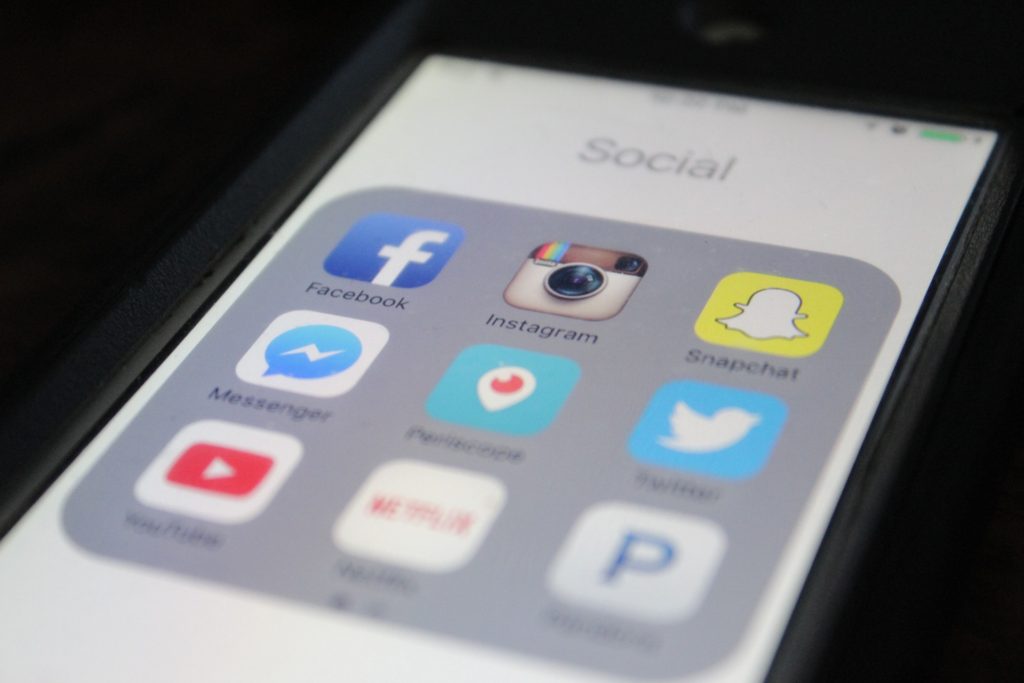
Kind, smart, and creative are the three tenets of the Snap culture according to its 30-year old founder Evan Spiegel. And he would like to see more of those values applied in the wider community. Spiegel spoke about leadership in a podcast with David Novak and the importance of empathy and innovation in the technology business, as well as to his core audience – Snapchat users.
In June Spiegel wrote a memo to Snap employees discussing the changing demographics of the country and the need for greater equity for all constituents. “Investing in the future of our country to benefit our children’s children will be expensive,” Spiegel said in the memo. “We will need to institute a more progressive income tax system and a substantially higher estate tax, and we will need corporations to pay a higher tax rate.”
Speigel is aware that those changes will have an adverse impact on him, and on his company. “While we are investing in the future, we will also have to reduce the federal deficit so that we are better prepared to meet any external shocks that may come in the future in our rapidly changing world,” Spiegel said. “In short, people like me will pay a lot more in taxes – and I believe it will be worth it to create a society that benefits all of us.”
Spiegel addressed his privilege and the need to create an eco-system that fosters entrepreneurship so that others can take the same risks he did to create Snap. “I believe that one reason entrepreneurship in America has declined so substantially since the 1980s is the lack of a sufficient societal safety net,” Spiegel said. “Entrepreneurship depends on people being able to take risks to start a business, which is nearly impossible to do without some sort of safety net like the one I had.”
Snap was started while Spiegel was studying at Stanford, and it grew into a company at his father’s home in Brentwood, Los Angeles. He is aware that not everyone has those same opportunities and that societal inequity will make risk-taking for the demographic that uses the Snap product even more difficult in the years to come. Understanding the coveted and growing Millennial and Gen Z audience is something that Snap is uniquely positioned to do, not only because of its millennial workforce but also because its user base skews so young. The company says that it reaches 75% of 13 to 34-year-olds in the U.S., and 90% of 13-24 year-olds – more than Facebook, Instagram, and Messenger combined.
Snap announced this month that it has created new features to encourage users to vote in the November election. The tools will roll out on the Snapchat app in September and include a direct avenue for users to register to vote, a guide that provides information on the voting process, a partnership with BallotReady to encourage users to develop a specific plan to vote, and a voting checklist that is visible in the users Snapchat profile. This is not Snap’s first push into the voting arena. In the 2018 midterms 450,000 people registered to vote through Snapchat, and 50% of those that registered on the platform turned up on election day.
Spiegel is also working to make Snap more accessible. Up until now, all Snap content stays within the app, meaning those that do not have accounts are not familiar with the tools. That may soon change according to a report in Axios, detailing a plan by the company to “allow users to easily share content that was previously proprietary to Snapchat off of the app.” So if ‘Snaps’ aren’t currently a part of your social media consumption, you may soon see the playful filters, photos, and videos on other social media platforms, via email or even on Imessage.
There is also a ‘TikTok competitor’ in the works that will be released in the fall according to reports. Additionally, Snap recently discussed acquiring TikTok competitor Dubsmash for hundreds of millions of dollars. While the deal has not yet been confirmed to be going ahead, Snap can afford the purchase price — the publicly-traded, Santa Monica based company had revenue of $1.7 billion last year and has a market cap of $32-billion as of today.
While Spiegel and his co-founder Bobby Murphy each own around 18% of the company according to Forbes — putting their respective fortunes at around $4.5-billion each — it is social issues that are now foremost in Spiegel’s mind. “Kindness is absolutely vital to the core of the technology business,” explains Spiegel. “It allows people to feel comfortable taking risks, and in our business innovation is essential.”
Spiegel says that one of the most important factors in who he hires is that they have empathy and that the value of that characteristic has been exacerbated throughout COVID-19. “The most important thing that COVID has done in my opinion, even though it has been very painful to watch, it has laid bare the tremendous inequity in American society,” Spiegel said in the podcast. “And the failures of many of our systems including our health system to take care of our citizens.”
The L.A. native is hopeful that the lessons that have been learned over the last six months — through the pandemic and the Black Lives Matter protests — will help create systemic change for the future. “I think even in the short term while this is an excruciating period of time, I do think this event brings us closer to a country that embodies our values over the longer-term. I wasn’t sure what series of events would get us there. It certainly in my view was something that would take a much longer period of time. I think that period of time may be shorter as a result of COVID.”
